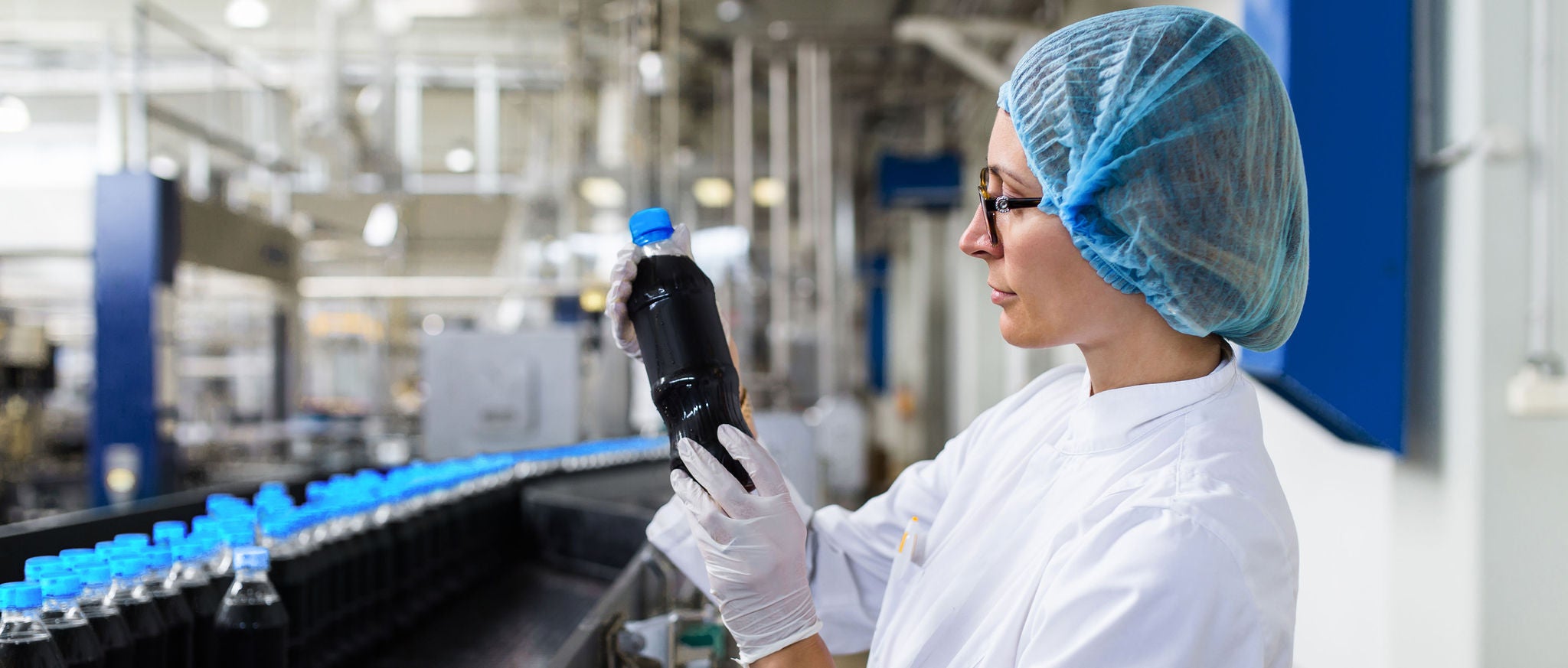EY refers to the global organization, and may refer to one or more, of the member firms of Ernst & Young Global Limited, each of which is a separate legal entity. Ernst & Young Global Limited, a UK company limited by guarantee, does not provide services to clients.
How EY can Help
-
Discover how EY's supply chain team can help your business redefine its end-to-end supply chain and operations to support your enterprise objectives.
Read more
After two large mergers within about a decade, a global beverage company became a powerhouse with nearly 100 brands and dozens of manufacturing facilities. But operations were inefficient and burdensome: two separate SAP systems, three warehouse systems and inconsistent manufacturing practices. These operational complexities drove the beverage company’s costs much higher than those of its competitors.
The solution wasn’t a matter of installing one new system or updating one plant or warehouse. To achieve optimal business value, it was critical the beverage powerhouse focused more broadly across its supply chain: achieving cohesive integration between manufacturing and warehousing. Additionally, as the consumer goods industry has been undergoing a supply chain revolution for some time, it was important that they managed risk through supply stability. So in 2016, executives embarked on an ambitious plan of standardization and modernization
This effort to unify processes and streamline disparate back-end systems aimed to save the company time and money, improve its throughput, and reduce expired product — a reimagination of business-as-usual from factory floors all the way through to warehousing.
To guide its long-term transformation, the company called in Ernst & Young LLP (EY) professionals, backed by powerful alliances with SAP and Procter & Gamble, to address three items: warehousing optimization, manufacturing operations and automated storage/retrieval enhancements.





